Don’t be afraid to be authentic
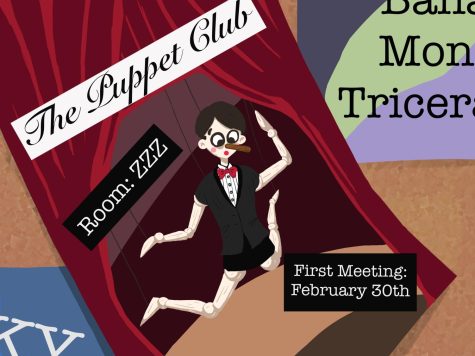
I sat in my Advanced Placement (AP) Statistics class, scanning my worksheet, looking down the row of questions. I couldn’t bring myself to start on any of them. It’s not that they were excessively difficult or confusing, I just wasn’t passionate about statistics. In all honesty, I didn’t have any interest in what we were learning. Why was I taking this class? The answer was evident — I was craving the GPA boost from the course. I also knew that an AP class would make my high school transcript appear more impressive to colleges. But my heart wasn’t in it.
Although the moment seemed insignificant at the time, it was a representation of a bigger problem within Lowell’s culture: students’ inauthentic participation in classes and extracurriculars.
Lowell offers many AP classes and clubs, which students participate in to gain a GPA boost or improve their resume. Some students take APs they aren’t actually interested in to raise their GPA. According to college admissions service Princeton Review, colleges value high participation in challenging APs, which include a college-level workload and cumulative test at the end of the year.
Challenging courseloads are not the sole example of inauthenticity at Lowell. Many new clubs are established every school year, intending to create a stronger college application, as being a founder is considered prestigious. Princeton Review also states that clubs are an advantageous way to improve a student’s resume for colleges. However, creating clubs for the lone purpose of improving one’s college resume taints the true intentions of clubs, which is to partake in activities that you enjoy doing. Overhearing the conversations of desperate seniors scrambling to gather signatures to create a new club has become a common occurrence at Lowell. These clubs are often dissolved by graduation, ultimately proving their superficiality.
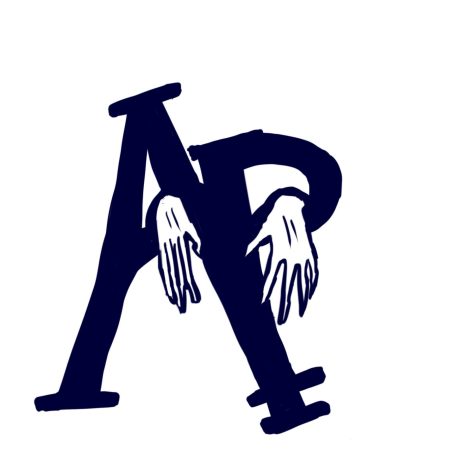
The epitome of this mindset can be found within Lowell’s esteemed honors society, Shield & Scroll. To be considered for acceptance, students must list the clubs, activities, and sports they participate in, any awards and achievements, and their GPA. There is no interview process to get to know the candidates beyond their stats — no consideration of a student’s character or personality. If Lowellites are accepted into our school’s honors society based on the accumulation of a long list of resume fillers, can we really blame students for feeling pressured into participating in activities they don’t find interesting? Shield & Scroll cannot be blamed entirely; it’s merely one example of a culture that is perpetuated by the Lowell community.
The main driving force behind this inauthenticity is the desire for acceptance into a prestigious college. The increasing selectivity of colleges combined with Lowell’s high expectations, creates pressure for students to present themselves as an ideal candidate to admission officers. According to college admissions and essay reviewing service Ivy Zen, prestigious colleges expect a polished list of clubs and programs, stating “a perfect set of extracurricular activities can always be crafted.” The common conceptions and perceptions of “college-worthy” extracurriculars becomes evident after speaking to any student at Lowell. Conversations with peers often lead to discussing the burden of after-school activities, describing them as “tiring” and “mentally depleting.” Focusing only on extracurriculars’ value in the college admissions process is counterproductive, distracting students from pursuing personal passions, or beneficial physical outlets, and leading to high school careers that are insincere and generic.
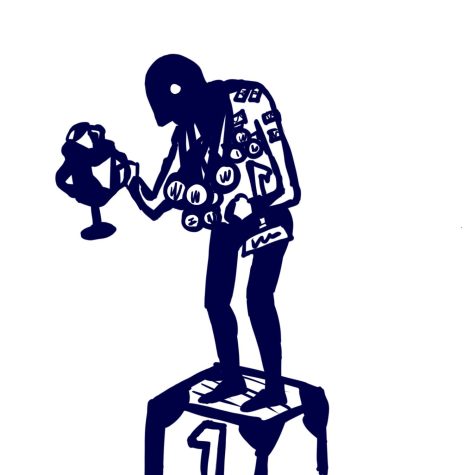
Students — including me — should be more authentic when choosing their extracurriculars and classes. It would give them the opportunity to delve deeper into their true passions and provide an environment to succeed both mentally and academically. As a school, we should prioritize students enjoying their high school experience as a journey, rather than a mere means to an end. The goal of attending a prestigious college sets students up for four years of competition: score better than your peers on tests, intern for a city official because your peers started a non-profit, and take five APs because your peers are taking four.
Following your passions and immersing yourself in sometimes unconventional activities may actually be more impressive to universities. Hundreds of thousands of students apply to colleges every year with similar resumes — admission officers appreciate students who dedicate themselves to authentic interests. US News explains how colleges are interested in students who delve deep into unique interests, and are aware when students place activities for the sole purpose of college. After reviewing endless amounts of applications, they are desensitized to debate captains and countless 5s on AP tests. You can’t manufacture passion for these activities in college essays, or fake enthusiasm in an interview.
Some students argue that participating in a variety of extracurriculars and classes can be beneficial. According to Bentley University, joining student organizations allows students to gain leadership skills, learn about networking opportunities, and work with a team. Sure, but this should not be confused with deliberately signing up for activities with the sole purpose of building impressive resumes, without a lack of genuine interest. Those who do enjoy academically strenuous courses, and actually hold interest in activities such as debate and AP Calculus, or football or soccer, should not be dismissed or undermined, as long as the students are being true to themselves. Engaging in activities that you care about is a healthier and more constructive use of your time. It makes the four years spent in high school more worthwhile and gratifying.
Ask yourself: would you still participate in all of your extracurriculars if you weren’t going to list them on your college application?
High school is a time to explore your identity and passions; students’ high school careers should not be centered around getting into competitive colleges. Engaging in activities that we care about is a healthier and more constructive use of our time. As a community, we need to promote a more authentic way of selecting extracurriculars and classes while striving for a less competitive school campus. It starts with individual students such as you and me. I’ve already spent money and mental energy on AP Statistics, it’s too late for me to drop out. Nevertheless, this experience has inspired me to be more mindful when I choose my classes for senior year. Real change begins when students start engaging in activities they truly love. Ask yourself: would you still participate in all of your extracurriculars if you weren’t going to list them on your college application?
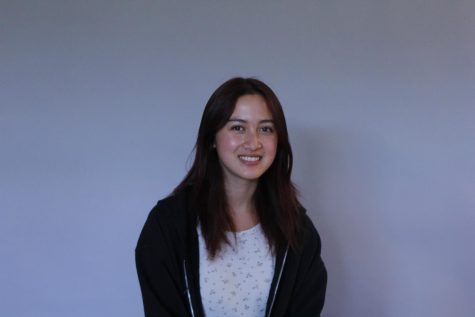
Elise is a senior. This is her third year as an illustrator for the publication. Some of her interests include petting cats, going to museums, and spending unforgiving amounts of money on the evil coffee monopoly that some may know as Peet's.

Chloe is a senior, but still doesn’t really feel like one. One thing she’s proud of are her spotify playlists, which include every genre imaginable (yes, even country). Outside of the journ room, she loves taking long drives, writing, and thrifting.
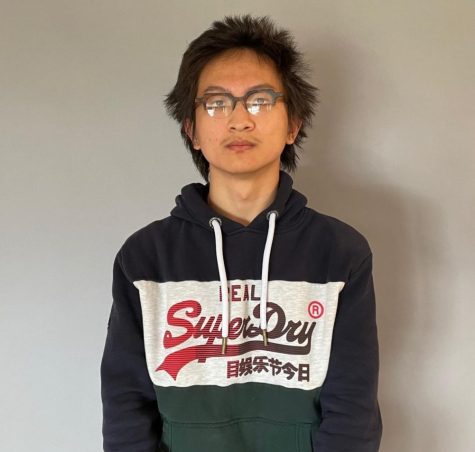






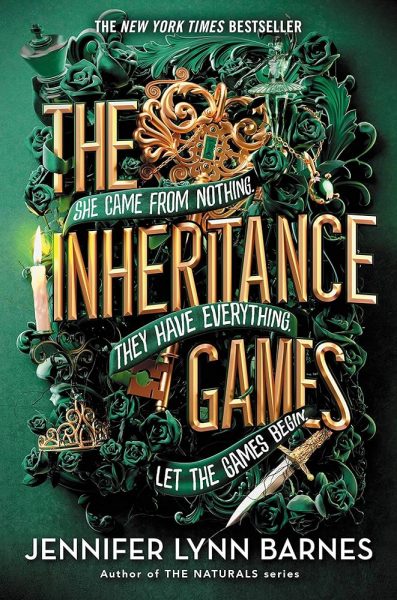



Vicky T • Jan 7, 2022 at 10:46 am
This is a compelling observation. I wish every college admissions officer would read this!
Vince King • Dec 16, 2021 at 5:21 pm
I graduated from Lowell in 1985. I took classes I enjoyed. I did not feel the pressure to take tons of AP courses that didn’t interest me. In fact, even though I excelled at math, I dropped AP Math during my senior year, because I didn’t like how it was being taught. Instead, I took a Probability and Statistics class that I absolutely loved.
I had plenty of time for extracurricular activities (that I truly enjoyed) after school – I was in student government and many clubs, and I was editor of the senior section of the yearbook, as well as the Senior Prom Committee Chair.
I was fortunate to get into my top choice university.
I really cherished my experiences at Lowell with my classmates and teachers. It sounds like many students today are unable to enjoy the Lowell experience as much as I did, and it saddens me to hear that.